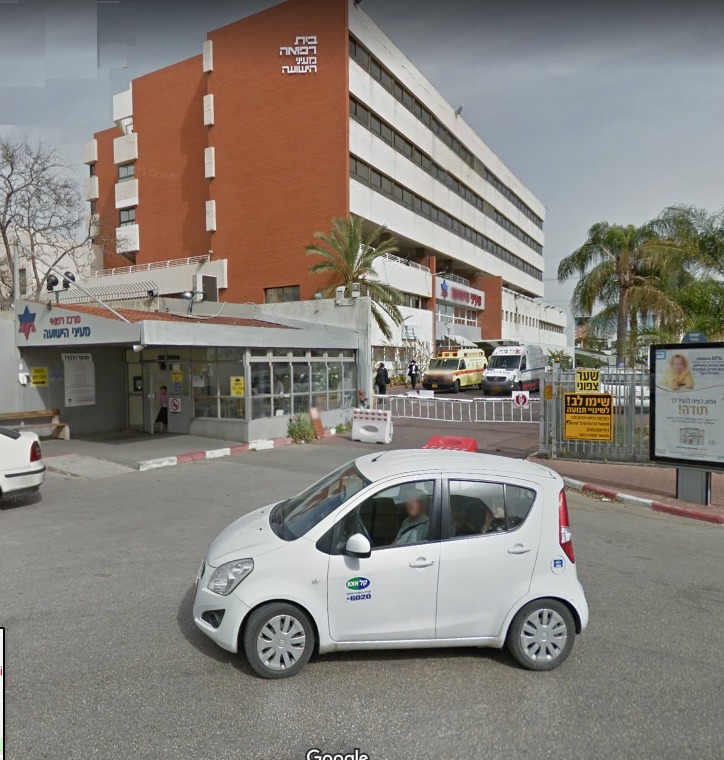| | NEWS
Remote Control Medical Help
by Mordechai Lebel
Dr. Maria Shebyekovsky is familiar to many wives of avreichim in Bnei Brak because of her devoted work as a midwife in Maayanei Hayeshua. She immigrated to Israel from Ukraine with her husband seven years ago and now she tells us:
"In these days, the information about people in Ukraine who require medical help — and I can speak mainly from the viewpoint of my work — comes to Israel via reports and announcements sent through the computerized media, either to me personally or to a group of doctors which has been organized to receive the facts from there.
"In the next stage we attempt to make a telephone connection to hear their plight directly. We ask those who call where they are located: in a shelter, home or car, what is their physical condition, who is helping them, what medical equipment is at their disposal and who in their vicinity can supply help. At the next stage, we explain by phone at what point they must seek hospital treatment where hopefully it is available. There are many places in Ukraine where it is impossible to reach a hospital.
Maayanei Hayeshua Hospital in Bnei Brak

"A major part of the help is simply to calm the patient down via the telephone. Considerable harm can come from a sense of panic so that reassurance and moral support is very important. If the atmosphere is calm, members of the family can provide much help from our basic physiological explanations and guidance, like how to care for the newborn infant in order to avoid any possible complications."
"My husband is also a doctor and both our schedules are overtaxed. He directs a company in Ukraine and arrived there a few days before the war broke out. He is trying to get back here but it is impossible at this stage. Just as well, because while there, he is able to save many lives by using his extensive medical connections as the director of a medical center in eastern Europe by channeling medical equipment to areas that most need it in Ukraine, via the Polish border.
"I find it very difficult to be here on my own. I am very anxious about the situation there and avidly hear the news of what is going on. I have two children, the youngest only four months old. I am glad that I am not on maternity leave now. What keeps me going is the fact that I am involved with the women there who can use my help and advice."
Her chesed begins at home, at the Maayanei Hayeshua hospital as an obstetrician.
Dr. Uri Morozovsky, a male nurse and paramedic who works in Kupat Cholim Meuchedet, talks to Ukraine several times a day with restricted citizens, trying to his best ability to guide and help. He notes, "I am only doing this because there is no alternative. There is, of course, no comparison with doctor-patient care and remote control advice without laboratory and x-ray tests available. I look up things in medical books and am in contact with experts but even so, a good diagnosis is very hard to arrive at. In many of the cases which are referred to me, I have no choice but to send then on to a real doctor or to an emergency ward."
|




